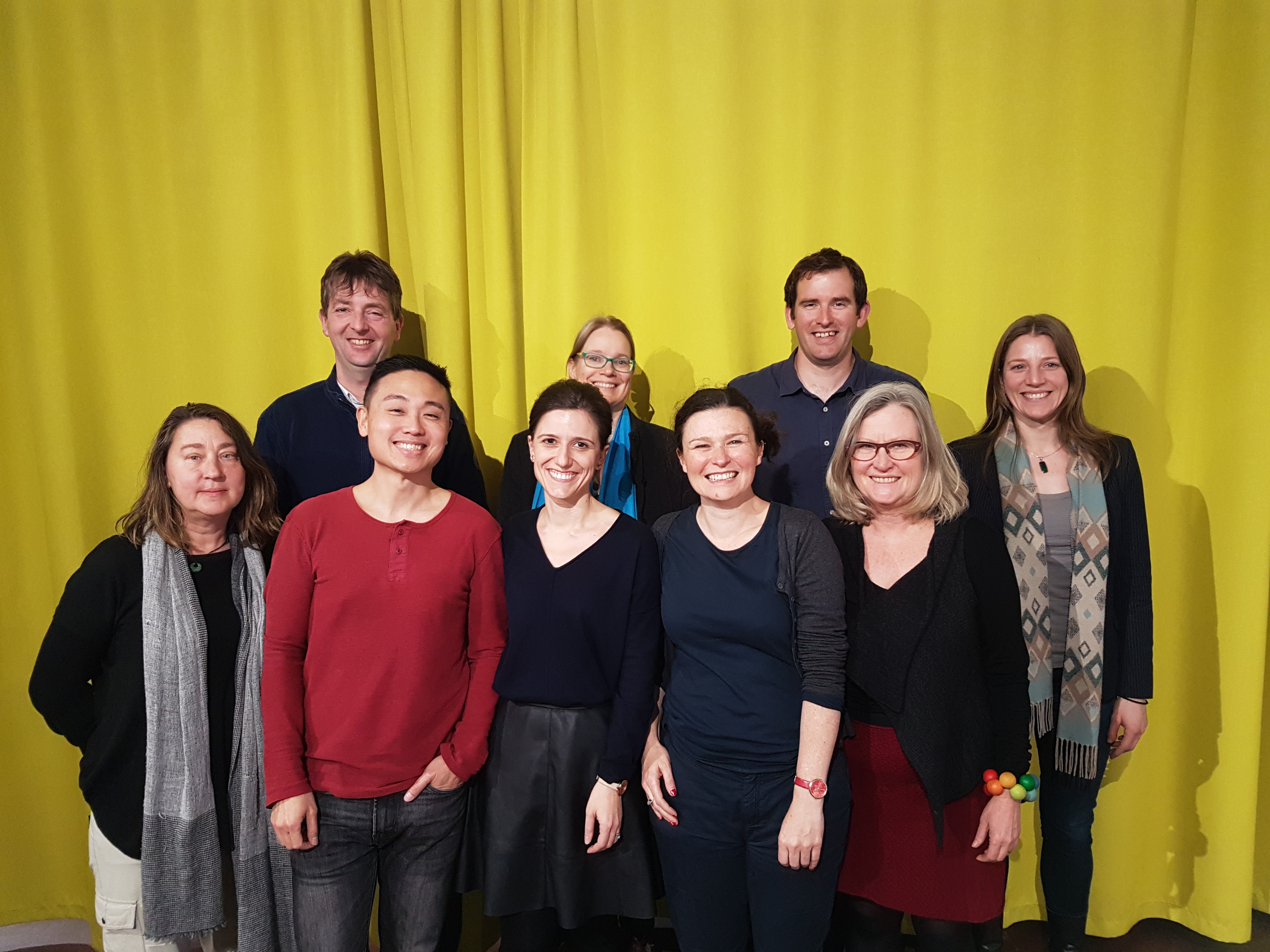How businesses can thrive
Thrivability in Business workshop – Melbourne University’s Thrive Research Hub, August 2017
Written by James Seow
I had the wonderful opportunity to attend the Thrivability in Business workshop organised by Melbourne University’s Thrive Research Hub in August 2017. Using the Eden Project as a case study, the workshop introduced participants to the Thrivability Competency Model, a framework of factors necessary for organisations to thrive. The workshop was led by Belina Raffy, Applied Improvisation and Thrivability thought-leader, and David Harland, Executive Director of the Eden Project and CEO of Eden Project International.
The workshop used Michelle Holliday’s “The DNA of Organisational Thrivability” model as a guide to considering an organisation’s capacity to thrive (https://ageofthrivability.com/). David related his experience at the Eden Project to this model.
Thrivability is defined as “the intention and practice of aligning organisations with how nature and people thrive.” The model invites us to look at an organisation from three perspectives: internal (Passion), external (Purpose) and the interface where the two connect and interact (Practical Play).
One exercise that unleashed my sense of humour and imagination is the “Evil/Good/Amazing” game. We started imagining how an “evil” café might run their business and what it would offer to their customers. Then, we discussed what a “good” café might do instead. The last stage involved us creating the vision for an “amazing” café – the ultimate goal of achieving good business profit, creating outstanding customer value and experience, respecting the environment, using sustainable resources and observing ethical and fair practices. Leaving the “amazing” stage at the end inspires ideas that we might not have thought of yet at the “good” stage.
Listening to fellow participants (I prefer to call them passionate change-makers) share their vision for more sustainable organisations, I gathered the following learning points that question an individual’s concept of organisational excellence.
- Conscious capitalism: Can businesses make money, respect the origins of their resources and do good for the community at the same time?
- Notice more, let go, use everything (by Robert Poynton): Instead of focusing on one target, can we be flexible and open to the opportunities and resources around us at any one time?
- The opposite of play is depression, not work: Make work fun!
- Biomimicry for solutions: Nature often inspires solutions. For example, what can a watering hole that brings animals in a desert together teach us about forming a community of like-minded people?
- Non-linear progress and processes: Think “out of the box” to look for solutions to existing problems. Reframe current issues and look at them from different angles. I recommend Edward De Bono’s book, Lateral Thinking, for this.
- Vision and “future truths” to build support and momentum: Sometimes, to convince prospective partners to collaborate with us, we have to behave as if we are already there. A “can-do” attitude and a strong conviction in one’s beliefs and goals help plans to materialise.
- No “but”; try “yes” and “and”: Instead of ignoring or negating what other people want and say, acknowledge their goals and build on that. Try saying, “YES, I see what you mean by this AND we can also….” Address your needs as well as the other person’s.
8. Who is in your team matters: I think this is the most important. Make sure you have the right people with the right attitude, potential and talent in your team. To paraphrase what David Harland, Executive Director of the Eden Project, said about his staff, if you were to cut in half all the people there, you would see “Eden” written inside every one of them. Get people who share the same values and goals with you on board.
Welcome to My Blog
Here is a basic blog layout with a right sidebar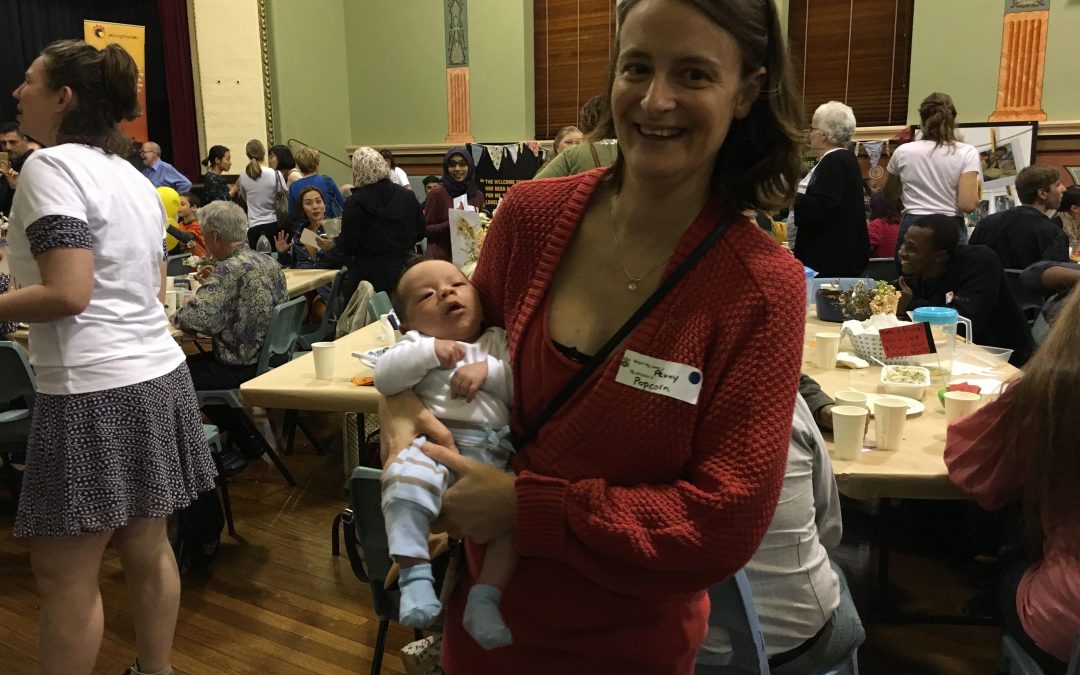
Baby Wilber joins our team!
All of our excited anticipation was rewarded on Friday night 12th August when Penny gave birth to a beautiful boy. You can read more on Penny’s personal blog here. Congratulations! We are all looking forward to having Wilber join our Welcome Dinners 🙂
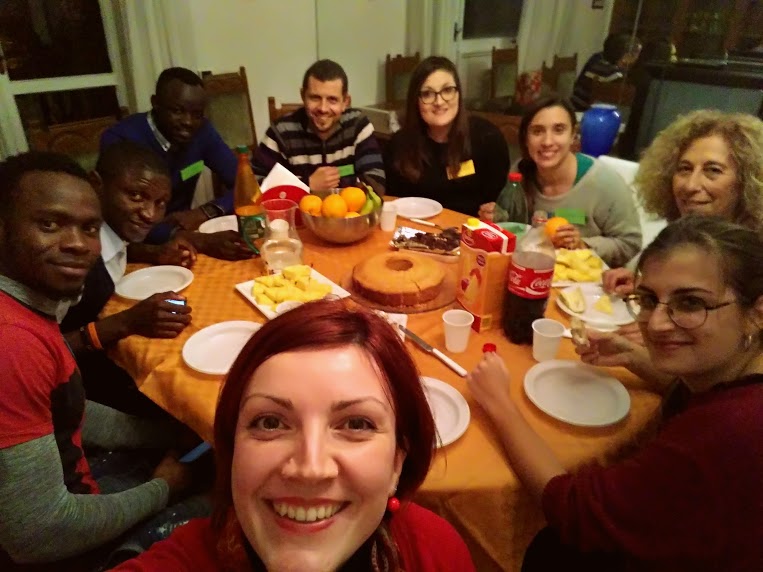
Welcome Dinners heading to Rome!
We are excited to share the news that we have been working together with the coordinators at https://www.romaltruista.it/ to bring the best of the Welcome Dinner model to Rome in the hope of furthering connections between recently arrived refugees and asylum seekers...
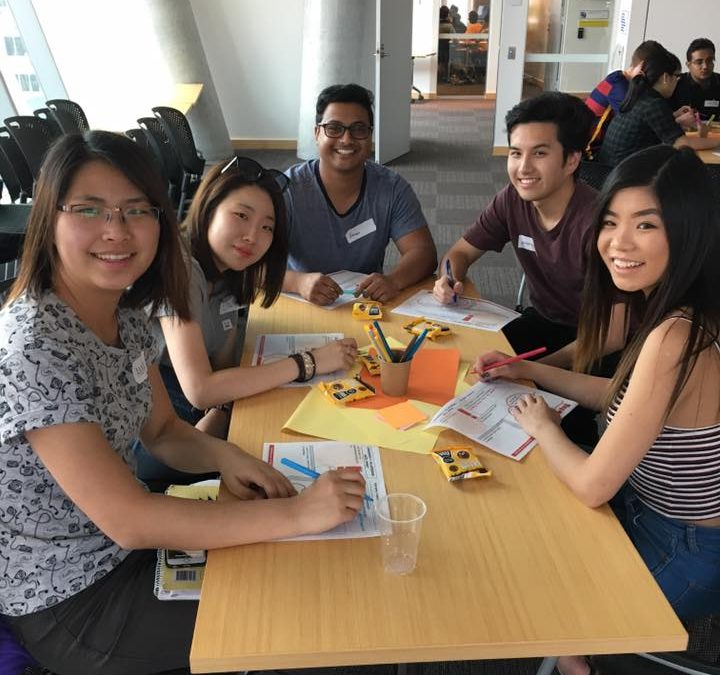
Students “workshop” ideas for Welcome Dinners
Our Founder Penny spent a wonderful day with our partners at the University of Technology Sydney, sharing about the WDP and workshopping ideas with students to help further our reach and involvement of university students. It was great to work with our past...

Home Dinners in Fairfield/Liverpool
This year four home dinners have been held in south west Sydney, an area which is receiving a wave of refugees and asylum seekers from the Middle East. Each dinner has been unique, but people have always experienced a genuine welcome and started building relationship...
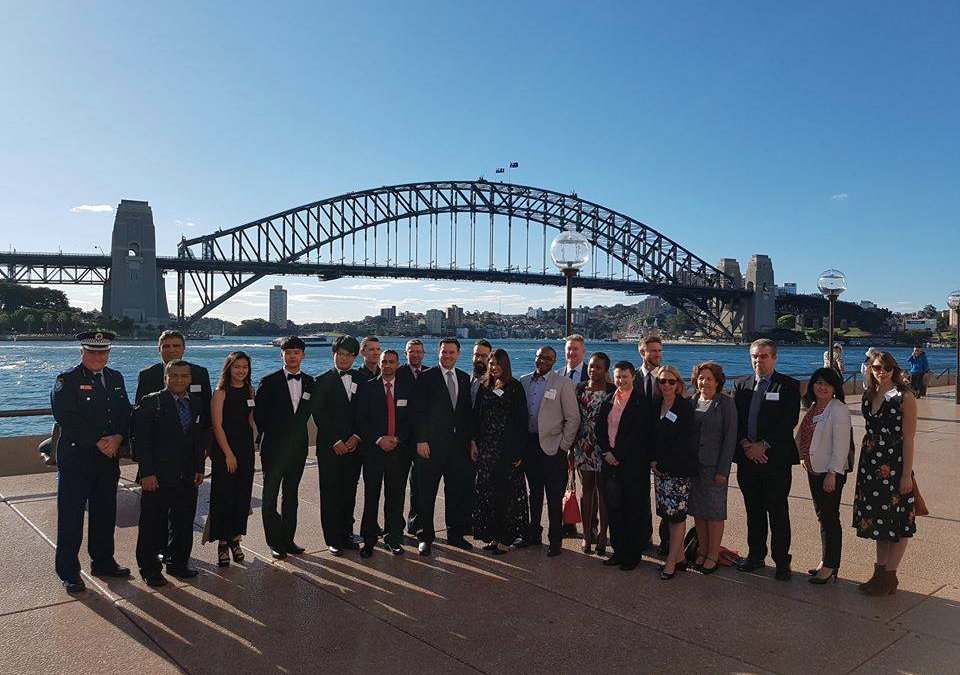
Study NSW – International Student Engagement Award 2016
Guest blog by Freyja Dixon: On the 11th October I was honoured to represent the Welcome Dinner Project at the International Student Awards at the Opera House. We had been nominated by our partners at the University of Newcastle Sydney Campus for the award in the...
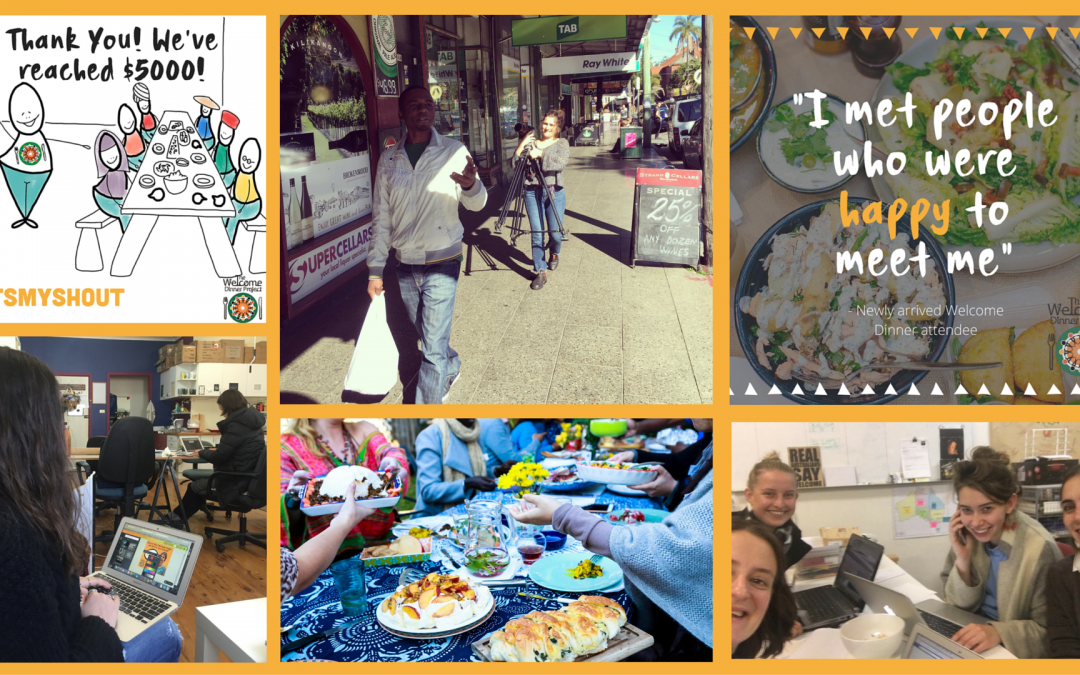
‘It’s my shout’ 2016 Fundraising Campaign
We have just wound down our annual fundraising campaign, we couldn’t be happier with how it was run and what we achieved. In just two short weeks we managed to launch our paying it forward “It’s my shout’ campaign, reach over 25,000 individuals with the message of The...

